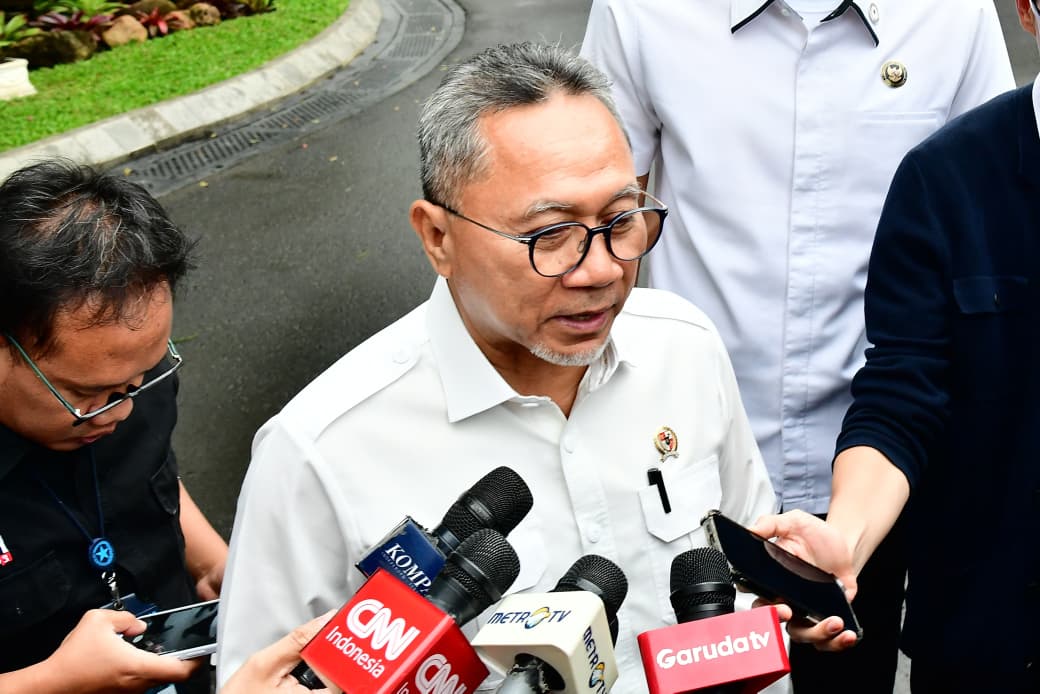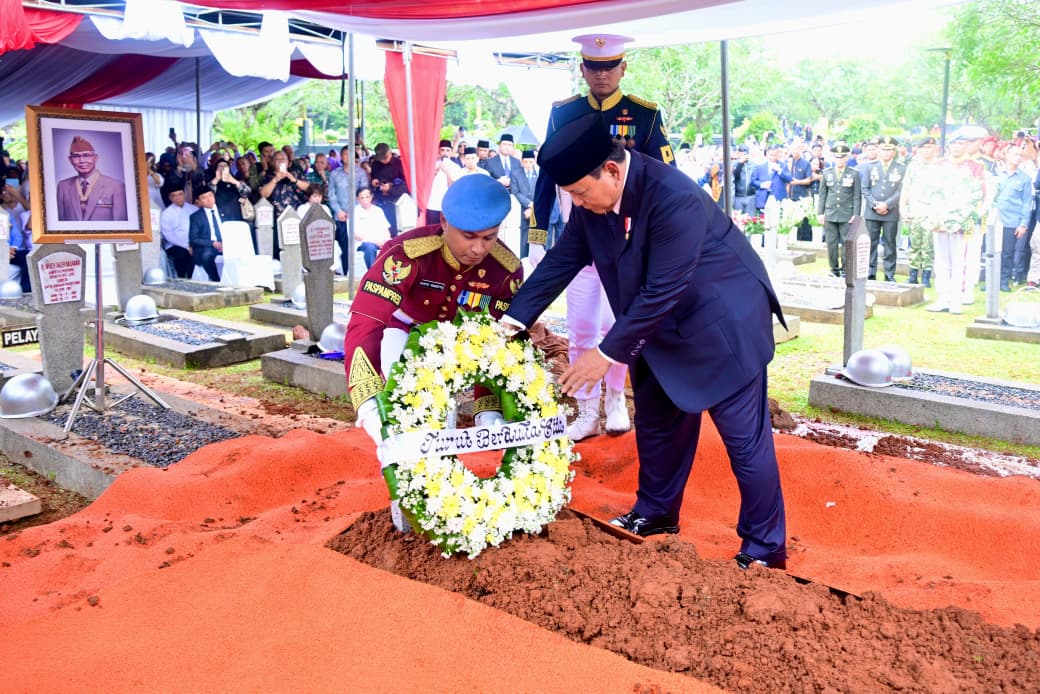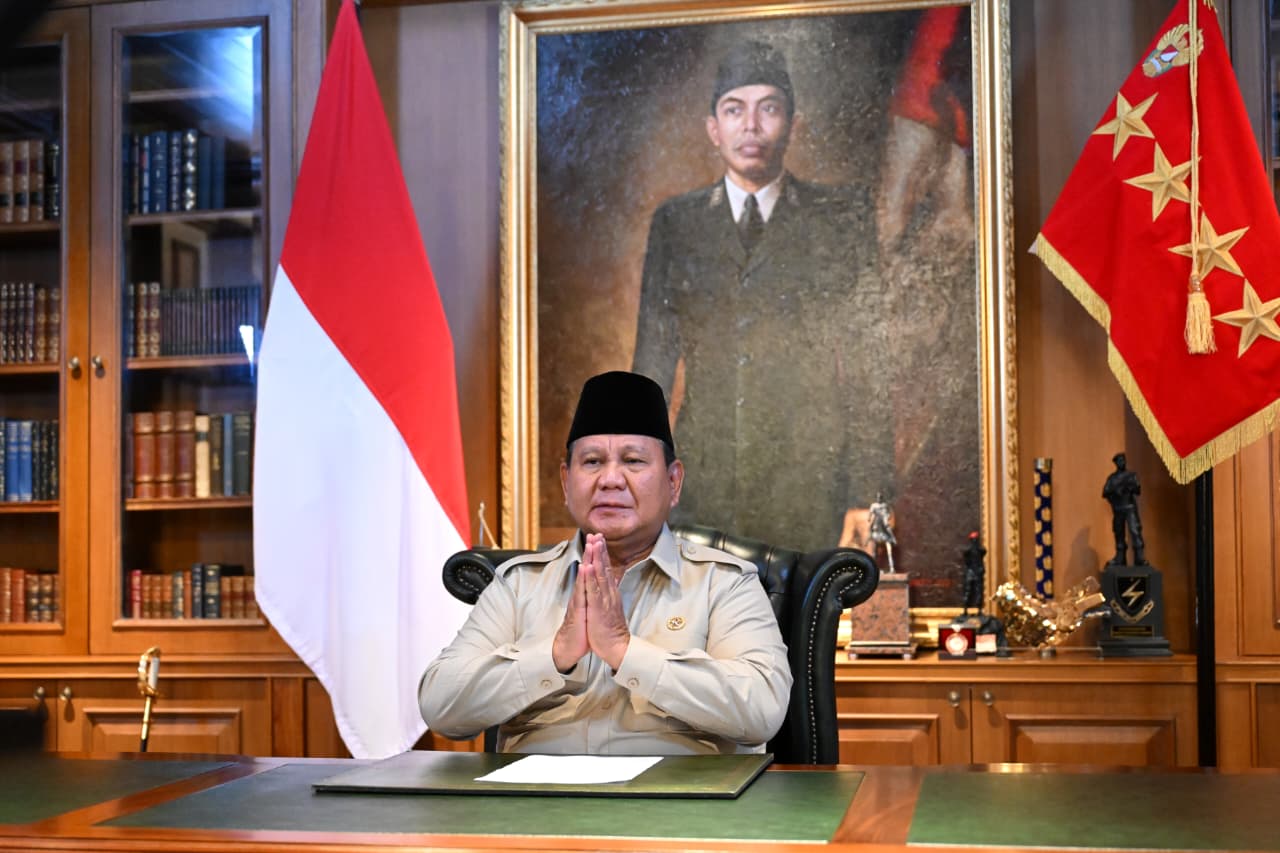President Jokowi Calls for Agile, Impactful Bureaucracy

President Jokowi attends Plenary Cabinet Meeting, at the State Palace, Thursday (03/02). (Photo by: PR of Cabinet Secretariat/Rahmat)
The Government has renewed its commitment to implementing consistent bureaucratic reforms to create agile bureaucracy and provide efficient services to the public.
“First, bureaucracy must be more impactful to the people. Second, bureaucracy is not a pile of paper. Third, the President has ordered that our bureaucracy be run in an agile manner,” Minister of State Apparatus Empowerment and Bureaucratic Reform Abdullah Azwar Anas said after attending Plenary Cabinet Meeting, at the State Palace, Jakarta, Thursday (03/02).
According to the Minister, government institutions should begin bureaucratic reforms from the personnel sector.
“We have simplified bureaucracy in the personnel sector into three business processes so members of the state civil apparatus (ASN) can easily process their promotions and transfers. Out of 3,414 classification positions, we have adjusted it to only three positions to make bureaucracy more agile,” he said.
The Minister also said that his Ministry has encouraged collaborative bureaucratic work to bring a bigger impact on the public.
Anas added that Ministry of State Apparatus Empowerment and Bureaucratic Reform is strengthening the implementation of bureaucratic reforms into a thematic bureaucratic reform that focuses on handling poverty reduction, increasing investment, digitalization, controlling inflation, and spending on domestic products.
“Therefore, areas with higher spending on local catalogs through local e-catalogs will definitely have an increase in the bureaucratic reform value, which is great. The same applies to inflation control,” he added.
The Minister also revealed that his Ministry has also simplified bureaucratic reforms assessment parameters from 259 components to 26 components.
“The most important thing is everyone knows what they are doing. It must be crystal clear. The indicator parameters have been well-prepared. Previously, bureaucratic reform value consisted of 259 components, but it is only 26 components,” he remarked. (FID/UN) (RIF/EP)








